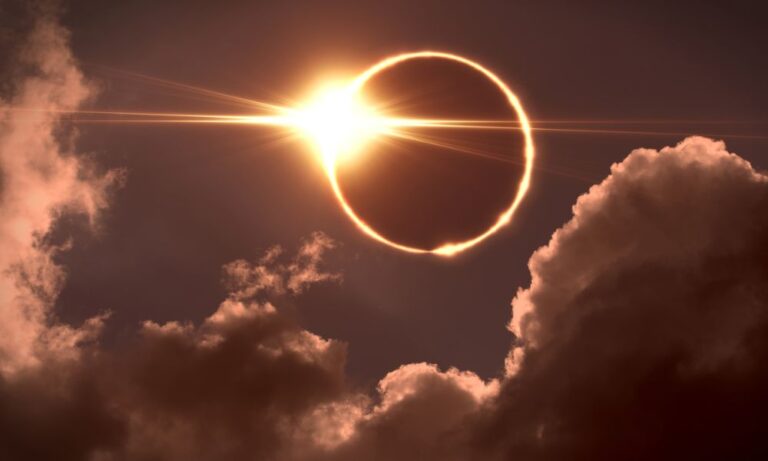Since its inception in Sydney in 2007, countries around the world have embraced Earth Hour, and made it the world’s largest mass participation environmental event.
More than 150 nations and 6,590 cities will take part in tomorrow’s switch-off, which is expected to see landmarks from the Sydney Harbour bridge, to India’s Taj Mahal, Florence’s Statue of David, and Cape Town’s Table Mountains illuminated only by moonlight.
The event began as a campaign to raise awareness about the importance of energy, and bring much needed attention to global issues such as climate change and global warming. But it has quickly turned into a lobby tool for local issues beyond global warming.
Harnessed by the power of social media, the event is now being followed in various locations across three quarters of the world’s nations, and has the potential to touch hundreds of million of people, event organisers say.
“Earth Hour is a simple idea that’s quickly turned into a global phenomenon,” the World Wildlife Fund, who began the initiative, says.
“Hundreds of millions of people switching off their lights for one hour, on the same night, to signal their care for the amazing planet we call home.”
This Saturday’s event, held at 8.30pm local time in each country, will see people in the Palestinian territories, French Guiana, St Helena, Tunisia, Galapgos, Suriname and Rwanda all take part for the first time.
The Asia-pacific region has seen the greatest growth in participation, most probably because of the problems caused by environmental damage in the area in recent years, as campaign organisers explained.
“What we are finding is that environment issues may be perceived differently in the big cities of Asia compared with how they are perceived in Europe or the States,” Andy Ridley, co-founder of the project, told reporters.
“They may not be perceived as exclusively green issues. They are seen as issues that are damaging your lifestyle and potentially threatening your family,” Ridley added.
Besides switching off lights in a sign of unity for protecting the planet, organisers are also hoping to take action on renewable energy. Participants will be urged to join the ‘renewables revolution’ by making a virtual pledge to increase the Renewable Energy target to 50 per cent by 2030.
For more information on how you can get involved or to make a pledge, visit http://earthhour.org.au






